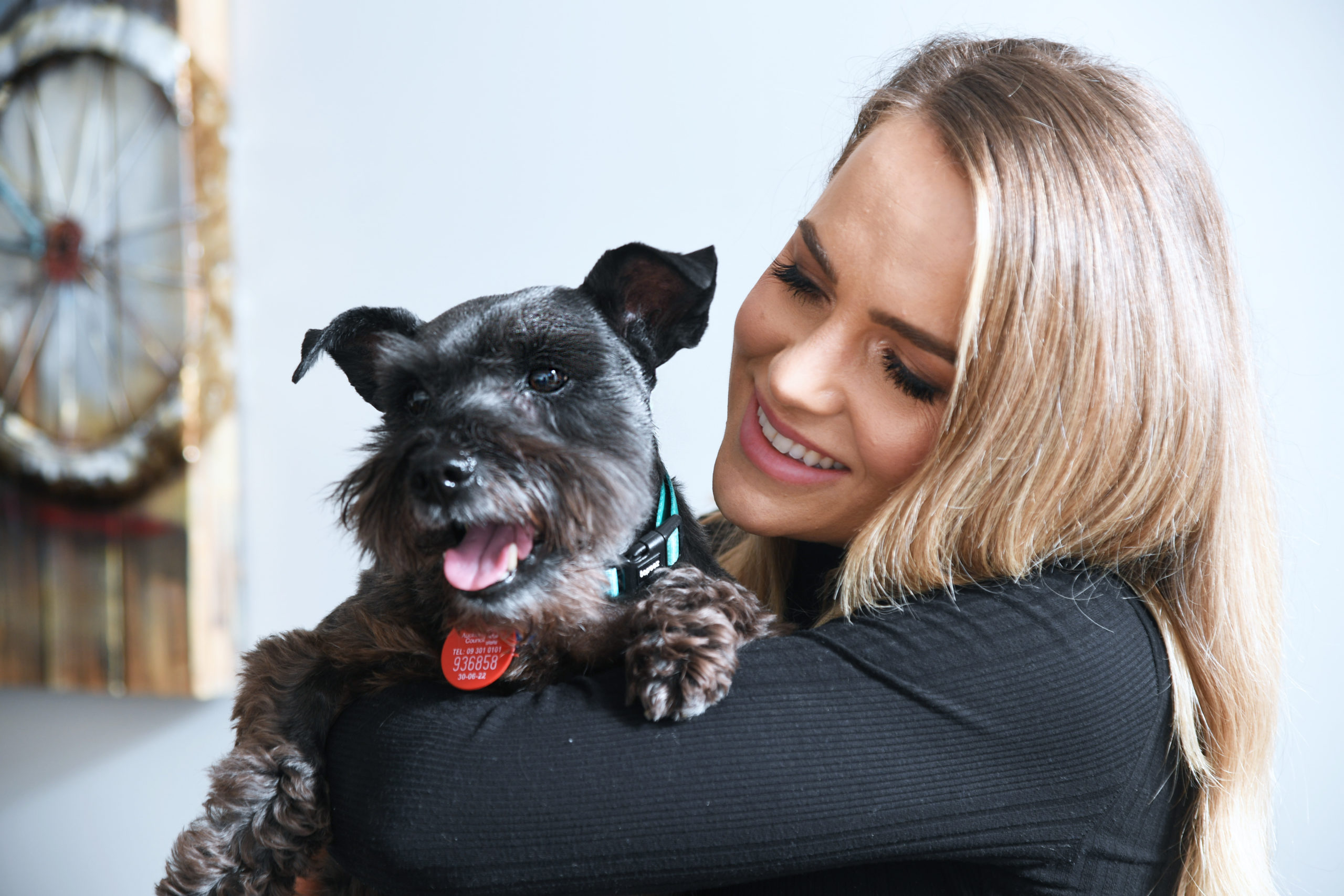A growing number of pet owners are treating their pets like members of the family since the pandemic. There were some interesting shifts that resulted – being locked down with pets for long periods made owners appreciate them more, and there is a growing body of research that is demonstrating the strong impact our animal friends have on mental health during such times. Pet owners overwhelmingly believe that their animals have boosted their wellbeing during the pandemic according to a recent study by the University of the West of Scotland. As well as the companionship we receive from our pets, they were also a social catalyst through lockdown periods – when owners walked their dogs, they potentially offered small opportunities for distanced interaction with other people. This increase in engagement with pets has elevated them in the family circle and humanisation trends have increasingly evolved as is evident with the ‘human grade’ attestations for many products.
According to the Honest Kitchen only a product that is actually produced in a plant that produces human foods, may legally be labelled ‘human grade’. They also warn Pet owners to be aware of pet food manufacturers that that use ‘human grade’ (or related terms) liberally on their web sites and other marketing materials—but don’t actually state it on the bag.
Tim Wall points out that the sustainability movement is also found across pet nutrition in a powerful way. Pet food manufacturers are looking to human trends in other aspects of business. Global Watt Media cite that scientific and market research provides evidence that pet owners tend to be more conscious of the social and ecological impacts of their purchases. Responsible sourcing is a must, sustainable packaging matters and upcycling is popular. Tim Wall points out that certifications have been developed as a way for pet food manufacturers to assure consumers that pet foods and treats are made from healthy ingredients/ human grade ingredients, and are safe.
Pet owners want to know that their purchases aren’t impacting negatively on future generations. With consumers increasingly considering sustainability issues when making purchasing decisions, pet food companies have been moving towards the triple bottom line of people, planet and profits – Since the pandemic Euromonitor report that 70% of business professionals believe the coronavirus will increase focus on sustainability. Sustainability has a prominent position within most companies now, and this is being seen across pet food manufacturing For Example – The Honest Kitchen’s Impact Report prepared 2021.
Upcycling refers to using materials, especially those that would have been thrown out, to make value-added products. In a world focused on sustainability, this is a popular move. At Taranaki Bio Extracts we’re proud of the way upcycling sits at the core of our business – our human grade broths and stocks are made from bones that previously would have become fertiliser. Instead we create nutritional healthy foods and ingredients from these export quality bones. Food for humans and for our furry friends.
Ends
